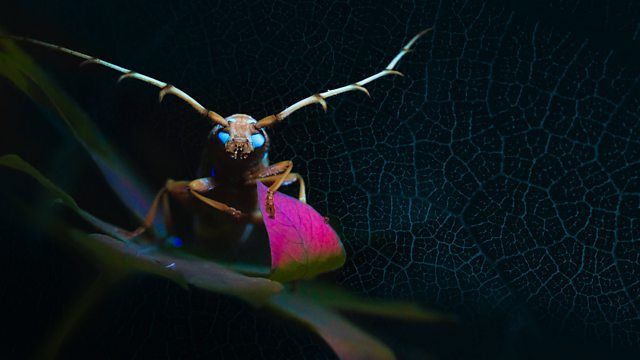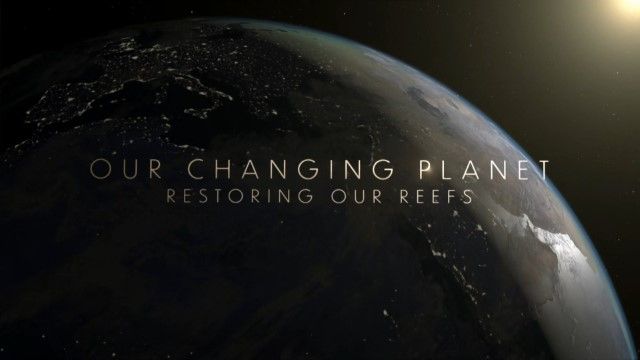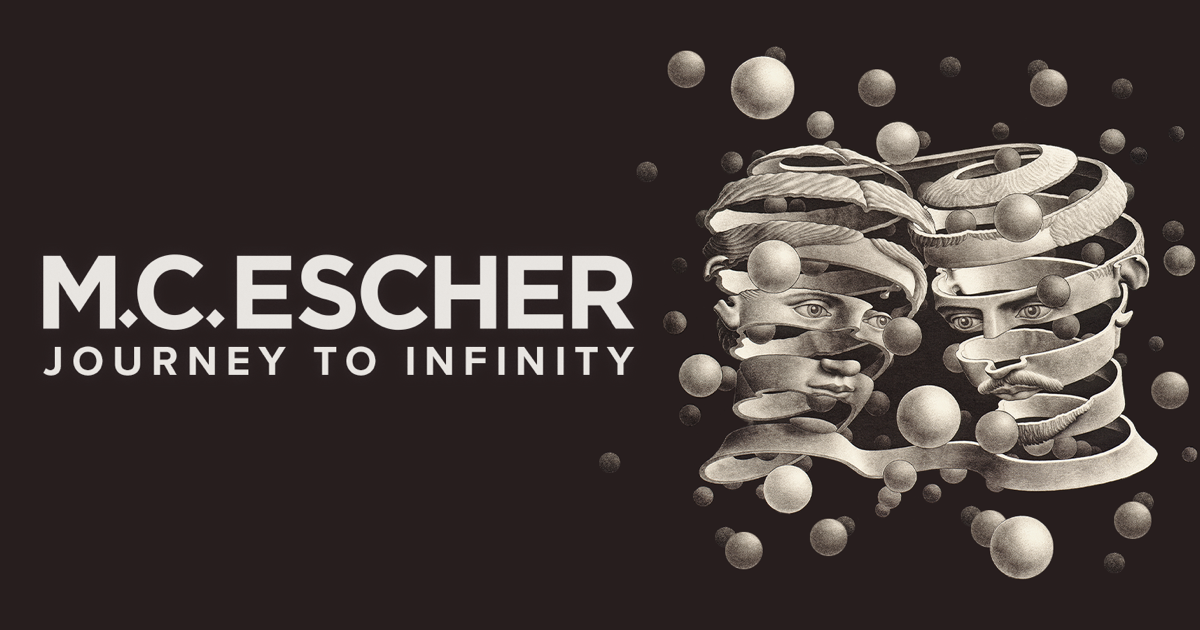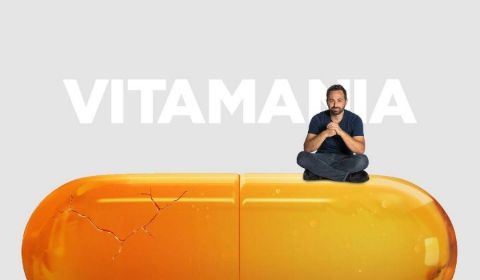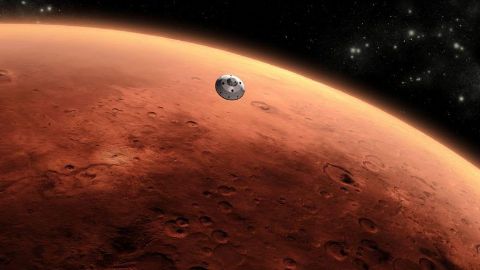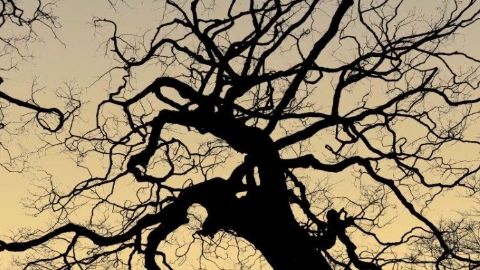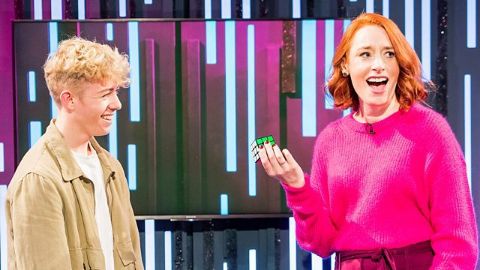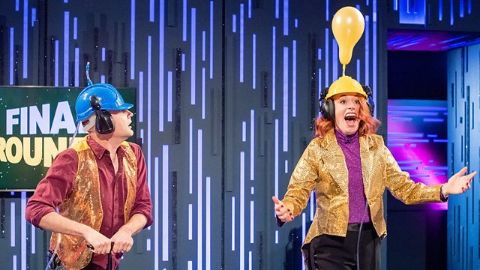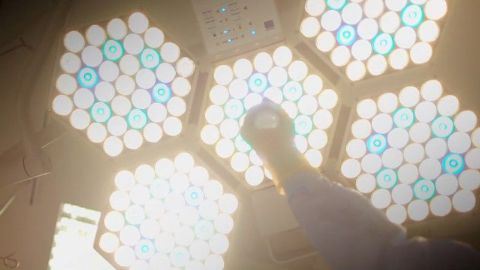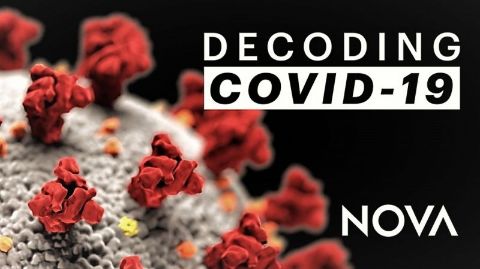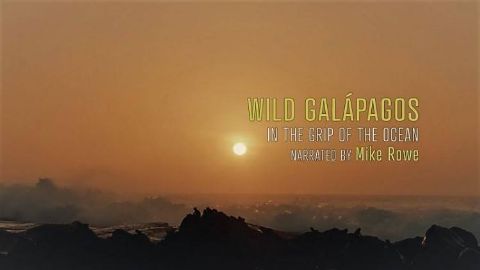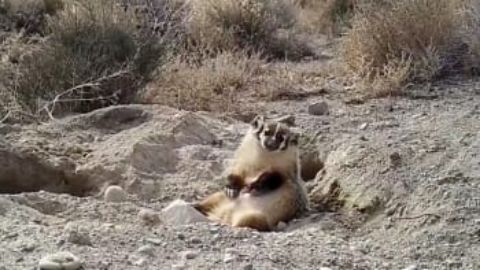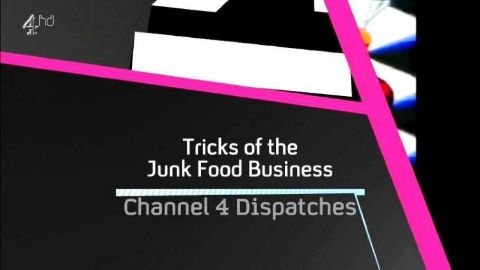Latest Documentaries
The culture of Japan is incredible, from bloom festivals to ultra-modern cities. But there are also more than 130 mammals and 600 bird species dwelling in Japan’s 6,852 islands. This island chain is long enough to span climate zones, providing a huge range of habitat.
2020 • Nature
Exploring the realm of the creatures to better understand how they have evolved. Travelling from the rain forests of French Guiana to the Arctic Ocean, scientists use traditional and cutting edge techniques to examine both modern insects and the fossil record in their search for a single common insect ancestor.
2024 • Nature
David Attenborough reveals why forests are the ultimate test of survival for mammals, including a tiger whose stealth and hunting strategies are put to the test in the heat of an Indian summer. The programme also features footage of young chimpanzees learning how to get honey without angering bees and Siberian flying squirrel gliding elegantly and effortlessly from tree to tree.
S1E6 • Mammals with David Attenborough • 2024 • Nature
David Attenborough reveals how, by pushing themselves and their bodies to the limit, mammals have found remarkable ways to survive in the hottest places on earth. In South America, thirsty capuchins need all their natural curiosity as they search for water on the forest floor. Camels roam the vast outback of Australia, where they can go for weeks without water thanks to their distinctive hump as an energy store. White sifaka lemurs hug trees to avoid the heat in Madagascar's spiny forest and the echidna has an even stranger way of keeping cool - it blows snot bubbles.
S1E5 • Mammals with David Attenborough • 2024 • Nature
From ice-covered seas to snow-capped mountains, mammals have conquered the cold, living in the harshest places on earth thanks to their remarkable intelligence and adaptations. The programme features polar bears on the Arctic islands of Svalbard, arctic foxes in Canada's Hudson Bay, and snow leopards in the lofty mountains of the Qinghai-Tibet Plateau in China.
S1E4 • Mammals with David Attenborough • 2024 • Nature
How air-breathing mammals have found remarkable ways to overcome the many challenges of a life in water, from freshwater jungle ponds to the dark depths of the open ocean. Featuring footage of the birth of a huge sperm whale calf, never-before-filmed orca hunting behaviour, and coastal coyotes in Mexico that have learnt they can benefit from the daily offerings washed up on the shore with each new tide.
S1E3 • Mammals with David Attenborough • 2024 • Nature
A look at mammals which have adapted to the changes humans have made to their environment, from sea lions competing with stray dogs for food in the fish markets of Chile to pig-tailed macaques in palm oil plantations in south east Asia. Plus, a look at how elephants have learnt to use the cover of darkness to venture into towns in search of a midnight feast, often leaving destruction in their wake.
S1E2 • Mammals with David Attenborough • 2024 • Nature
Focuses on animals that thrive in the dark, from leopards that use night vision to hunt their prey to bats using echolocation to navigate the night skies.
S1E1 • Mammals with David Attenborough • 2024 • Nature
Delve into the digestive system with this lighthearted and informative documentary that demystifies the role gut health plays in our overall well-being.
2024 • Health
In the third year of this seven-year project examining the issues facing the planet’s most threatened ecosystems, Dr. M. Sanjayan visits the Maldives to take an in-depth look at coral reefs and the urgent efforts to help them survive climate change.
S3E1 • 2024 • Nature
The life and work of M.C. Escher is presented primarily through his own words in the form of his writings being read against a backdrop of images associated to him, including archival footage of himself and images of his drawings. Many further details are provided by surviving family members. Escher himself considered what he did being caught between the worlds of art and mathematics - he not very good at either - his drawings always having an element of geometry. He made a conscious decision to work in monochromatic black and white realizing that he would be missing being able to convey ideas that are inherent with color. The evolution to two of his later periods is discussed, namely his series of drawings of the human eye, and what would become his ultimate fascination, that of the concept of infinity, whether it be real, as in the circle or the study of a man viewing a picture of himself viewing a picture of himself and so on, or perceived through illusions, such as his never-ending staircase. The documentary is buttressed by commentary from fan, musician Graham Nash who believes his brilliance has not yet been fully appreciated. Further Information
2021 • People
The mid-10th-century reign of Harald Bluetooth as king of a newly unified, powerful and Christianized Denmark marked the beginning of a second Viking age. But the reign was not to last with the Normans finally winning the English Kingdom in 1066. We look at the final days of the Viking empire.
S1E6 • Vikings: The Rise and Fall • 2022 • History
Recommended Documentaries
100 years ago a new word in medicine was invented: “vitamin". This year the world will spend over $100 billion on vitamins and supplements. Dr. Derek Muller takes us on a world-spanning investigation of vitamin science and history, asking how do we decide whether to take vitamin supplements or not?
2018 • Health
Astronaut Mike Massimino reveals the answers to some of the greatest mysteries on the Red Planet. Using the most detailed survey of Mars ever created, he discovers the dark history of our closest neighbor.
S1E2 • The Planets (US) • 2017 • Astronomy
Sir Tim Hunt, awarded the Nobel Prize for his discovery of the mechanism of how cells divide, recalls moments in his life that provided inspiration for his career as a scientist, from his father's intent scholarship which shaped his early methods to his mother's battle with cancer and the influence of this on his position at Cancer Research UK. Hunt recounts the events that informed his discovery and reveals his own opinions on the thought processes, both logical and emotional, that led to it.
S1E3 • Beautiful Minds • 2010 • People
In this episode, Professor Brian Cox shows how Earth's basic ingredients, like the pure sulphur mined in the heart of a deadly volcano in Indonesia, have become the building blocks of life. Hidden deep in a cave in the Dominican Republic lies a magical world created by the same property of water that makes it essential to life. Clinging to a precipitous dam wall in Italy, baby mountain goats seek out Earth's chemical elements essential to their survival. In the middle of the night in a bay off Japan, Brian explains how the dazzling display of thousands of glowing squid shows how life has taken Earth's chemistry and turned it into the chemistry of life.
Part 3 • Forces of Nature With Brian Cox • 2016 • Nature
To survive, animals need somewhere to live, a place that provides the necessities of life, shelter from the elements and a refuge from enemies. Good homes are rare and competition can be intense – finding a home is one thing, but defending it is quite another.
S1E3 • Life Story • 2014 • Nature
Horizon plunges down the biggest rabbit-hole in history in search of the smallest thing in the Universe. It is a journey where things don't just become smaller but also a whole lot weirder. Scientists hope to catch a glimpse of miniature black holes, multiple dimensions and even parallel Universes.
Math Documentaries
Wherever we find patterns and symmetry in nature, we also find that nature conforms to certain rules. Rules that combine elegance with efficiency. Rules that shape trees and river estuaries alike, and that continue to baffle scientists by their often unfathomable ubiquity.
S1E1 • Nature's Mathematics • 2017 • Math
Dr Hannah Fry reveals how data-gobbling algorithms have taken over our lives and now control almost everything we do, without us being aware of it. Pitching the UK speed-cubing champion against a machine in the opening seconds of the lecture, Hannah sets the pace for a rapid voyage through this superhuman world. Hannah teams up with famed YouTuber Tom Scott to create a viral video and decipher YouTube's secret algorithm, comes face to face with four-legged guests to put animal image recognition machines to the test, and reveals how the NHS is matching organ donors in chains across the country to save hundreds of lives. But the breakthroughs are not restricted to the real world. Bafta award-winning special guests reveal the secrets of CGI in films such as The Avengers and Lord of the Rings, and supersized laser illusions bring the Royal Institution to life. An unexpected feathery guest opens our eyes to a new type of coding, where computers can be trained like animals using tasty rewards, with maths comedian Matt Parker and computing expert Dr Anne-Marie Imafidon bringing the topic to life. Finally, Hannah reveals how we've all been training up Google's AI in this way for years without realising it, and discovers how Google Health is using big data to give doctors a helping hand. The power of algorithms is undeniable. Hannah ultimately discovers how we can bend the world to our will and make anything possible, with a bit of mathematical thinking.
S1E2 • Royal Institution Christmas Lectures: Secrets and Lies - The Hidden Power of Maths • 2019 • Math
Kicking off the lectures with a mind-boggling stunt to prove how counterintuitive our gut instincts can be, Hannah launches into a lecture full of daring live experiments and surprising discoveries. From predicting the chance of snow at Christmas to dodging erupting volcanoes with Prof Chris Jackson, Hannah explores whether we really can predict the future. She meets the maths gurus behind Liverpool Football Club's winning streak to spill the beans on how analysing the numbers can give a team an edge in the Premier League, and reveals the tricks to perfecting your Christmas cracker pull to win the prize every time. Hannah also gathers tips from mind-performance coach Dr Michael Gervais, the 'secret weapon' crafting Olympic athletes' lucky mindsets, and the man responsible for Felix Baumgartner's jump from space, when 'first time lucky' meant life or death. Enrolling the help of maths comedian Matt Parker for the pinnacles of the lecture, the duo find order in unruly crowds, and whittle the audience down to the luckiest person in a series of challenges, before finally putting them to the test to prove whether they truly are one in a million. Using a host of maths tricks - from probability to game theory - Hannah discovers if we can in fact make our own luck, and ultimately shares the secrets to help us all lead luckier lives.
S1E1 • Royal Institution Christmas Lectures: Secrets and Lies - The Hidden Power of Maths • 2019 • Math
An algorithm is a method of solving problems both big and small. Though computers run algorithms constantly, humans can also solve problems with algorithms. David J. Malan explains how algorithms can be used in seemingly simple situations and also complex ones.
Imagine a game of dice: if the biggest number rolled is one, two, three, or four, player 1 wins. If the biggest number rolled is five or six, player 2 wins. Who has the best probability of winning the game? Leonardo Barichello explains how probability holds the answer to this seemingly counterintuitive puzzle.
Health Documentaries
Many clinical trials target the nation's most acute health issues. With deaths from liver disease soaring by 40 per cent in a decade, more and more patients are waiting for vital liver transplants. There is a shortage of organ donors and many donated organs are rejected as only those in excellent condition are considered suitable for a transplant procedure. Surgeons Richard Laing and Thamara Perera are part of a team at QEHB trialling a revolutionary way to tackle this crisis, by maximising the number of donor organs that can be safely re-used. The film follows the trial every step of the way, as Richard receives a donor liver that would usually be rejected and tries to prove it is viable for transplant by rejuvenating and testing it on a perfusion machine. This machine sustains the liver by mimicking the supply of blood, oxygen and nutrients an organ receives inside a live, healthy human body. Once the donor liver has proved itself fit for transplant, the surgical team start to remove grandmother Connie O'Driscoll's severely diseased liver. Once the donor liver has been disconnected from the perfusion machine, they have just 20 minutes to place it in Connie's body and plumb it into the complex and delicate network of hepatic blood vessels.
S1E3 • Surgeons: At the Edge of Life • 2018 • Health
Thousands of chemicals are used in everyday products – in our water, our food and in the air we breathe. It’s the chemical soup of modern life and it’s virtually impossible to escape them. Is there adequate regulation and testing, or are we in the midst of an uncontrolled, human experiment?
2/10 • Catalyst: Season 1 • 2015 • Health
Professor Jonathan Van-Tam takes a deep dive into the fascinating and varied world of viruses. He aims to show how public health measures, combined with ground-breaking science, will have an impact far beyond Covid-19, including breakthroughs that could help fight other infectious diseases, genetic disorders and even cancer.
S1E1 • Royal Institution Christmas Lectures - Going Viral • 2021 • Health
The coronavirus SARS-CoV-2 has upended life as we know it in a matter of months. But at the same time, an unprecedented global effort to understand and contain the virus—and find a treatment for the disease it causes—is underway. Join doctors on the front lines of the fight against COVID-19 as they strategize to stop the spread, and meet the researchers racing to develop treatments and vaccines.
Brain researcher Jill Bolte Taylor studied her own stroke as it happened -- and has become a powerful voice for brain recovery.
2012 • Health
Is sugar the new tobacco? How did the food industry get us to stop asking the question: is sugar toxic? It all starts with a secret PR campaign dating back to the 1970s. For forty years, Big Sugar deflected all threats to its multi-billion dollar empire, while sweetening the world's food supply. As obesity, diabetes, and heart disease rates skyrocket, doctors are now treating the first generation of children suffering from fatty liver disease. The sugar industry is once again under siege. They dodged the bullet once. Can they do it again?
2015 • Health
Randoms! Documentaries
The incredible reef life and the birds, lizards and reptiles who cope with the lava rock islands of the Galapagos make this remote series of islands a unique natural habitat. The Panama and Humboldt currents regulate the seasons and the rhythm of life onshore and off.
S1E1 • Wild Galapagos • 2017 • Nature
The new "Brady Sequence" demonstrates why Fibonacci Numbers are not so special.
Early Earth was a canvas for the vast new palette of the colours of life, with the diversity of human skin tones telling the story of how humanity spread and ultimately conquered the planet. Dr Helen Czerski explores the true masters of colour - which are often the smallest and most elusive - travelling to the mountains of Tennessee to witness the colourful mating display of fireflies, and revealing the marine creatures that can change the colour of their skin in order to hide from the world.
S1E2 • Colour: The Spectrum of Science • 2015 • Physics
A look at what could make an animal vanish into thin air, what could cause the sea to take on an eerie glow, and what event would bring killer whales together in huge numbers.
S1E8 • Nature's Strangest Mysteries: Solved • 2019 • Nature
Do you know when an advert is really an advert? Can you be sure that the game you're playing isn't trying to make you buy something? When it comes to protecting our children from sugary food, the world of online advertising is the new frontier. Harry Wallop investigates and finds big name brands marketing fattening food in the games children play. Dispatches goes undercover in the ad world, creating a high-sugar drink to see who's willing to promote it to young children, and revealing the tricks of the trade.
2014 • Health
The first chapter explores the birth of the American Empire by focusing on Franklin D. Roosevelt, Winston Churchill and Joseph Stalin. Through examination of key decisions during World War II, discover unsung heroes such as American Henry Wallace and explore the demonization of the Soviets.
S1E1 • Oliver Stone's Untold History of the United States • 2013 • History

